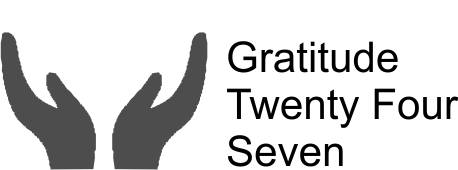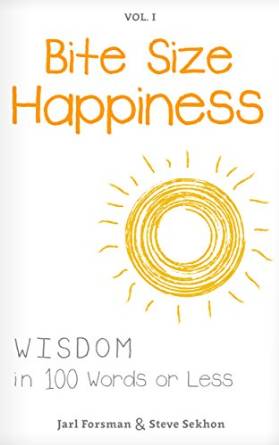You know when you’re agitated, anxious or angry; elated, enthusiastic or ecstatic? You always have complete freedom to choose where to place your focus and what to respond to emotionally. Turning the other cheek is removing your focus from the problems you perceive and directing it toward solutions, or toward what makes you feel good. Just as you would divert a child’s attention away from something that isn’t good for them, you can do the same for yourself. After everything is said and done, your quality of life is determined by the vibration of your thoughts, you know?
That’s quite a vibration you have there.
Merci



I often wondered why after singing w the choir I felt at peace and I attributed that calmness to choral praise and community but have recently reallized that singing demands proper breathing and the act of focused breathing is a vibration inside your body and the beauty of song is manifested and is a heartfelt experience. Alleluia.
What about hormones? I’ve found that sometimes there is no choice when hormones are out of balance or when the physical is not intact in some way, e.g., my brother had a brain tumor that put pressure on a specific part of his brain that made him paranoid schizophrenic; I have hormonal shifts that affect my mood and no matter how positive I am, I still feel edgy/angry…it’s more a physical thing than a true emotional response to something around me. What’s your take on this?
Hi Michelle,
This question requires an in depth answer to do it justice, but I would say briefly that you are right, it is more difficult to control our thoughts, attention and emotions when we are not feeling well. The mind is clearly affected by what happens in the body. But the converse is also true — the body is affected by the mind. In my opinion, this is where most of the trouble begins. Our unconscious beliefs and thought patterns affect our chemistry and vibration, which can throw our bodies out of balance. If we were completely aware of how our thoughts contribute to our physical problems, we would very likely change them. But many of our beliefs are so ingrained and unquestioned that we are unaware of them and their effect.
When I became conscious of the notion that my beliefs affect my health, I started examining my thoughts more carefully. I can now often make a connection between physical issues and my recent thought patterns or beliefs. If I have no clue what could be causing a symptom or undesirable psychological state, or whenever I catch myself just thinking negative thoughts about something, I use the mantra, “Thank you, I love you,” to distract me from spiraling downward or focusing on the problem obsessively. This works wonders in changing how I feel fairly quickly.
I see my physical challenges as clues to bring beliefs and unconscious thought patterns into my awareness. I’m not 100% successful, but this proactive approach is empowering.
Self-centered-ness is the cause of most of our problems. I truly believe that if I could keep my mind on gratitude and off self-concern, my body would be a totally happy vehicle. The American Sanyasin (traveling monk) who went by the name of Peace Pilgrim is an inspiration of what this approach can yield.
In her later years, she set off walking across North America, stopping only to sleep. She said whenever she was tired there was always a comfortable place to lay her head. When she was hungry there was always food. Her body never troubled her. She was a woman with a mission who surrendered her life to service and the cause of promoting peace. She lived in complete joy until she died.
From her biography by Marta Daniels:
“She cautioned vigilance over the formidable enemy the “self-centered nature” represents:
The self-centered nature is a very formidable enemy and it struggles fiercely to retain its identity. It defends itself in a cunning manner and should not be regarded lightly. It knows the weakest spots in your armor…During these periods of attack maintain a humble stature and be intimate with none but the guiding whisper of your higher self.
She believed that overcoming selfishness and gaining release from its power were keys to attaining inner peace and spiritual maturity. She believed that when she attained that maturity – physical, mental and emotional – she would be in total harmony and know what to do.”